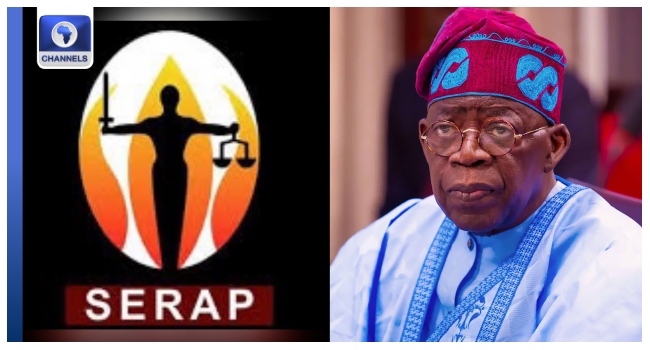The Socio-Economic Rights and Accountability Project (SERAP), a prominent Nigerian civil society organization focused on human rights and anti-corruption, has called on President Bola Tinubu to publicly reveal the details of the process for appointing the next Chairman of the Independent National Electoral Commission (INEC). This demand comes as Professor Mahmood Yakubu’s 10-year tenure as INEC Chairman concludes in November 2025, after two five-year terms.

Key Details from SERAP’s Letter
In a letter dated September 27, 2025, signed by SERAP’s Deputy Director Kolawole Oluwadare, the group emphasized that the selection process must not become a “closed shop” but should instead be transparent and accountable to safeguard public interest. Specifically, SERAP requested:

The number and names of candidates under consideration for the role.
Confirmation of whether the Council of State has been or will be consulted, as mandated by Section 154(1) of the 1999 Nigerian Constitution (as amended).
A review of at least three recent appointments of alleged All Progressives Congress (APC) members as Resident Electoral Commissioners (RECs), urging their replacement with non-partisan nominees to uphold INEC’s independence.

SERAP argues that transparency in this process is essential for INEC to fulfill its constitutional duties impartially, especially ahead of the 2027 general elections. The organization highlighted that openness would:
Boost public trust in INEC’s neutrality and encourage greater citizen participation.
Minimize risks of conflicts of interest and ensure only competent, impartial individuals are selected.
Address perceptions of bias, which have lingered from the 2023 elections.
The group gave the government a seven-day ultimatum to respond, threatening legal action if ignored.
Constitutional and Legal Context
Under Nigeria’s Constitution, the President appoints the INEC Chairman and members, subject to Senate confirmation. The Council of State’s advisory role is crucial to prevent partisan influence. SERAP invoked Sections 156(1) and 197(2) of the Constitution, as well as the Freedom of Information Act 2011, to justify its demand for disclosure.

Broader Implications
This call aligns with ongoing debates about electoral integrity in Nigeria. Civil society figures like Samson Itodo have echoed the need for a non-partisan chairman with “impeccable character.” Recent reports indicate President Tinubu has already directed Yakubu to proceed on terminal leave, signaling an imminent transition. The new appointee will play a pivotal role in upcoming polls, including FCT council elections.




